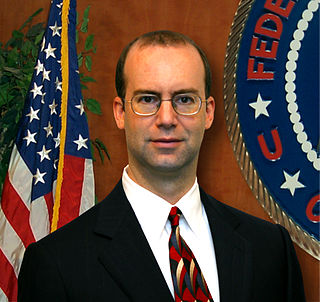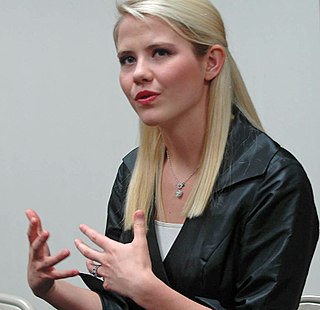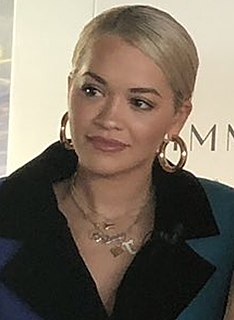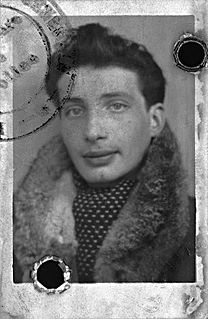A Quote by Jonathan Adelstein
It is clear from a common sense viewing of the program that coarse language is a part of the culture of the individuals being portrayed. To accurately reflect their viewpoint and emotions about blues music requires airing of certain material that, if prohibited, would undercut the ability of the filmmaker to convey the reality of the subject of the documentary.
Related Quotes
Somehow, in the novel format, I don't really like to do upfront, ideological discussion. In my heart, literature remains a poetic and ambiguous medium. On the other hand, I trained as a documentary filmmaker in film school, so my films very much reflect reality and socio-political problems. They're less subtle I would say.
It's difficult to make movies. For me it was easier, as a refugee in Switzerland, to make documentary films, because I didn't need a lot of money for it. The way I tell my story or my opinion would be very similar in both fiction and documentary forms. But I found I could speak more effectively to convey this brutal reality through documentary than I could through fiction.
Everything evolves naturally in life. It's not limited to beauty or music. The more experience you get, the more you find out about yourself. Everything becomes more and more an expression of the real you. I can play different characters. Sometimes I feel tomboy or glam or playful. When you perform, you can convey emotions differently, and your look can reflect each of those emotions.
A photographer is a witness. He has a moral duty. Every picture must be true and honest. I believe a photographer's strength is his ability to accurately record reality. There are photographers who think they are lucky if they find unusual or special subject. But it is never the subject that is so marvelous. It is how alive and real the photographer can make it.
While much of modern behavioral and social science treats individuals as autonomous agents, it is absolutely clear that the way we think and act is enormously influenced by the culture in which we live. It also is clear that the major elements of modern culture-science, technology, law, music, and religion-have evolved over time in a quite concrete sense of the term. Mesoudi makes these arguments very well and his book is a very good read.
Music is a universal language insofar as you don't need to know anything else about a musician that you are playing with other than that they can play music. It doesn't matter what their music is, you can find something that you can play together, with what their culture is. The dialect part of it comes into play, but nothing like the differentiation that language sets up, for example.
































